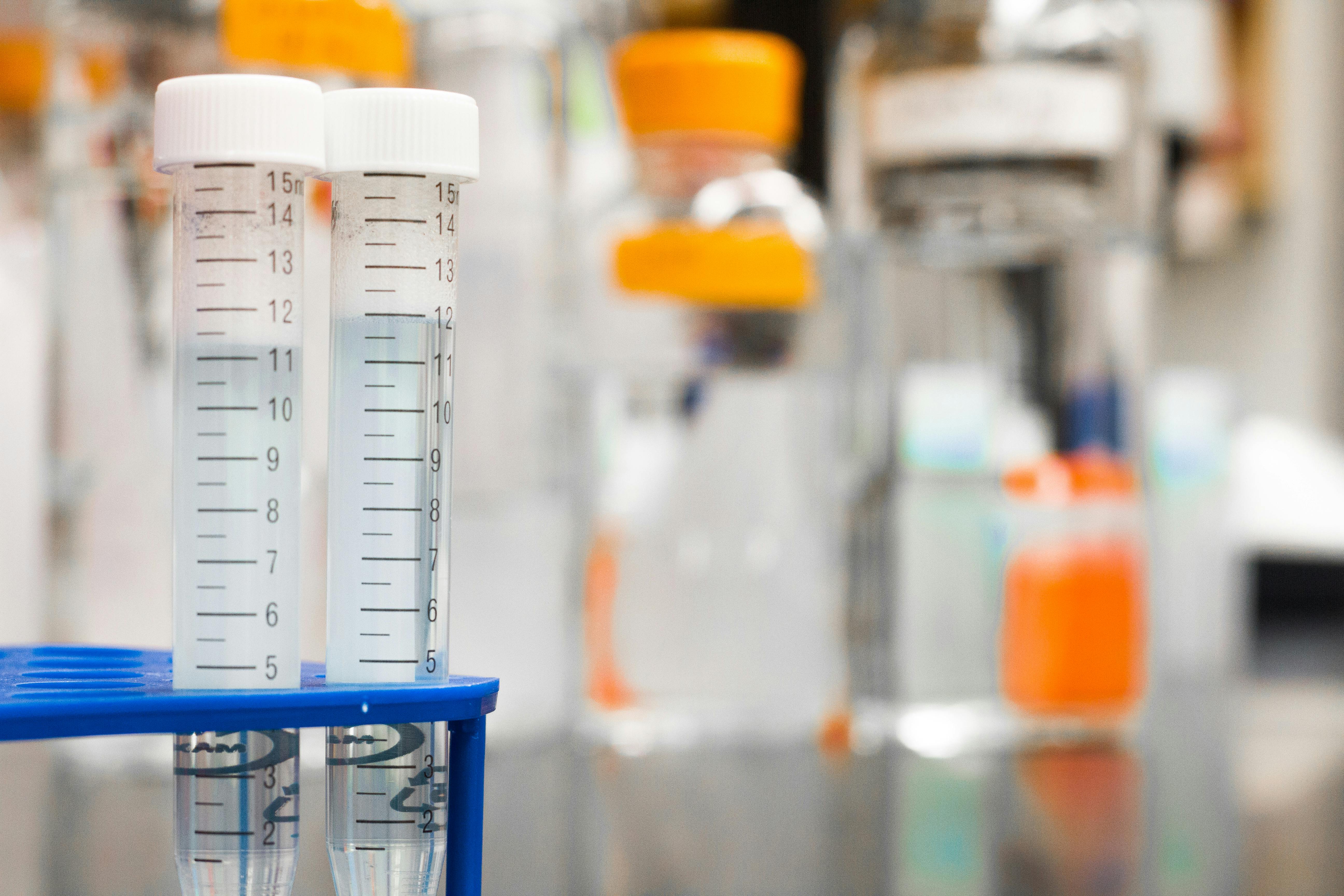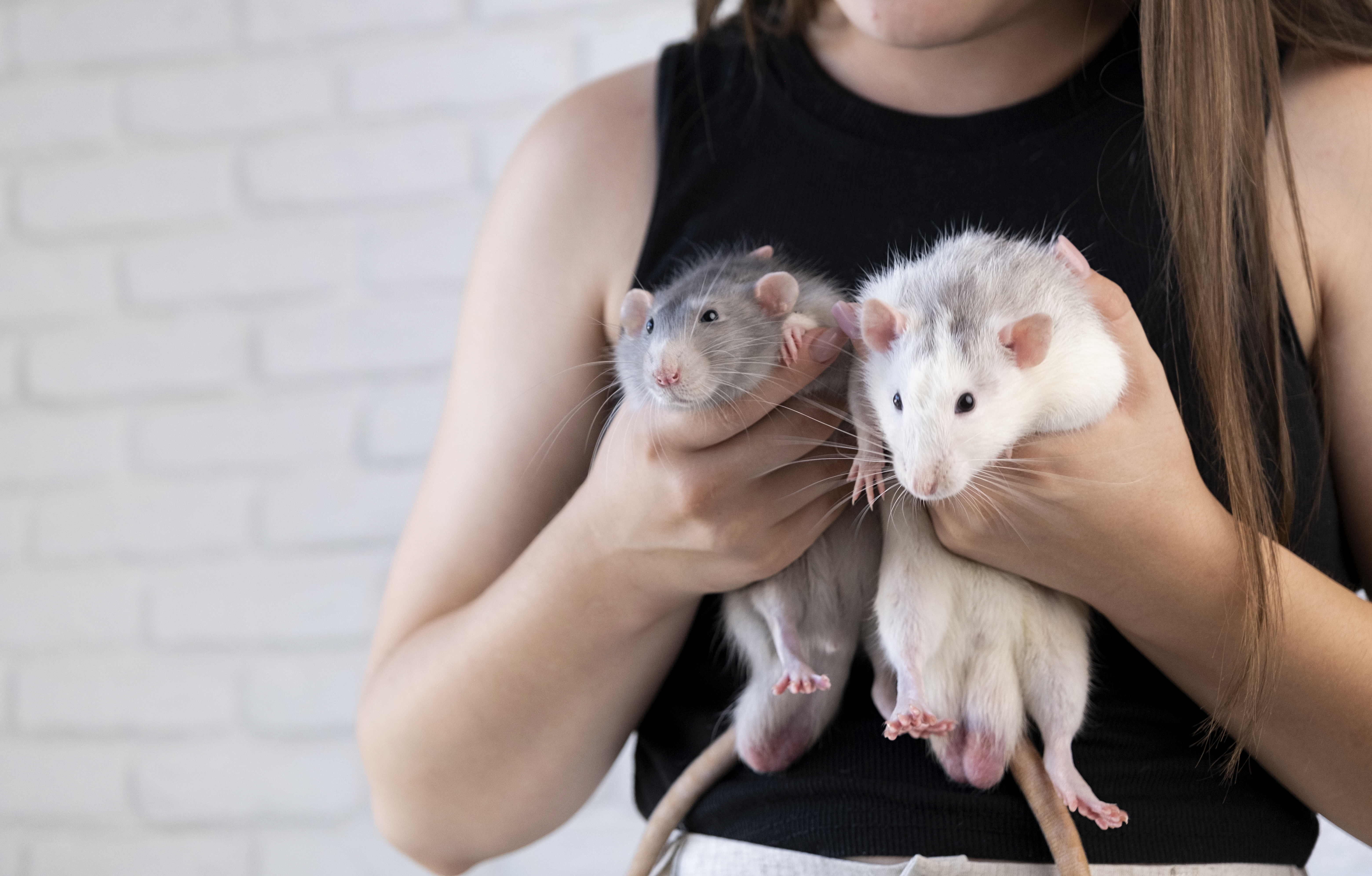10 Signs Your Dog Might Need a Diet Change (Recommended by Vets)
In the quest to ensure our furry companions lead long, healthy lives, one of the most critical areas of focus is their diet. Just as with humans, a dog’s nutritional needs can change over time due to various factors like age, health conditions, and lifestyle. Veterinarians often emphasize the importance of revisiting and revamping your dog's diet to meet its evolving needs. The relationship between diet and health is undeniable, and providing the right nutrition can significantly impact a dog’s overall well-being. This article delves into the nuanced indicators that your dog’s diet may need a revamp and explores the best foods to enhance their health and vitality.
1. Recognizing the Signs of Nutritional Deficiency

Dogs, much like humans, exhibit signs when their diet is not meeting their nutritional needs. These signs can range from subtle to overt, and recognizing them early can prevent more serious health issues. Common indicators include dull coat, flaky skin, lethargy, and unexplained weight changes. Behavioral changes such as increased irritability or anxiety can also be linked to poor nutrition. Vets often highlight the importance of observing your dog's energy levels and coat condition as primary indicators of dietary deficiencies. A balanced diet is crucial for maintaining a shiny coat and vibrant energy levels, which are hallmarks of good health in dogs.
2. The Role of Age and Lifestyle Changes

As dogs age, their nutritional requirements evolve. Puppies, adult dogs, and senior dogs have distinct dietary needs that must be addressed to support their growth, maintenance, and health. Puppies require a diet rich in protein and calories to support rapid growth, while adult dogs need a balanced diet to maintain their energy levels and overall health. Senior dogs, on the other hand, may require fewer calories but more fiber and specific nutrients to support joint health and reduce the risk of age-related diseases. Lifestyle changes, such as increased activity levels or a more sedentary lifestyle, also necessitate dietary adjustments to prevent obesity or malnutrition.
3. Understanding Food Allergies and Sensitivities
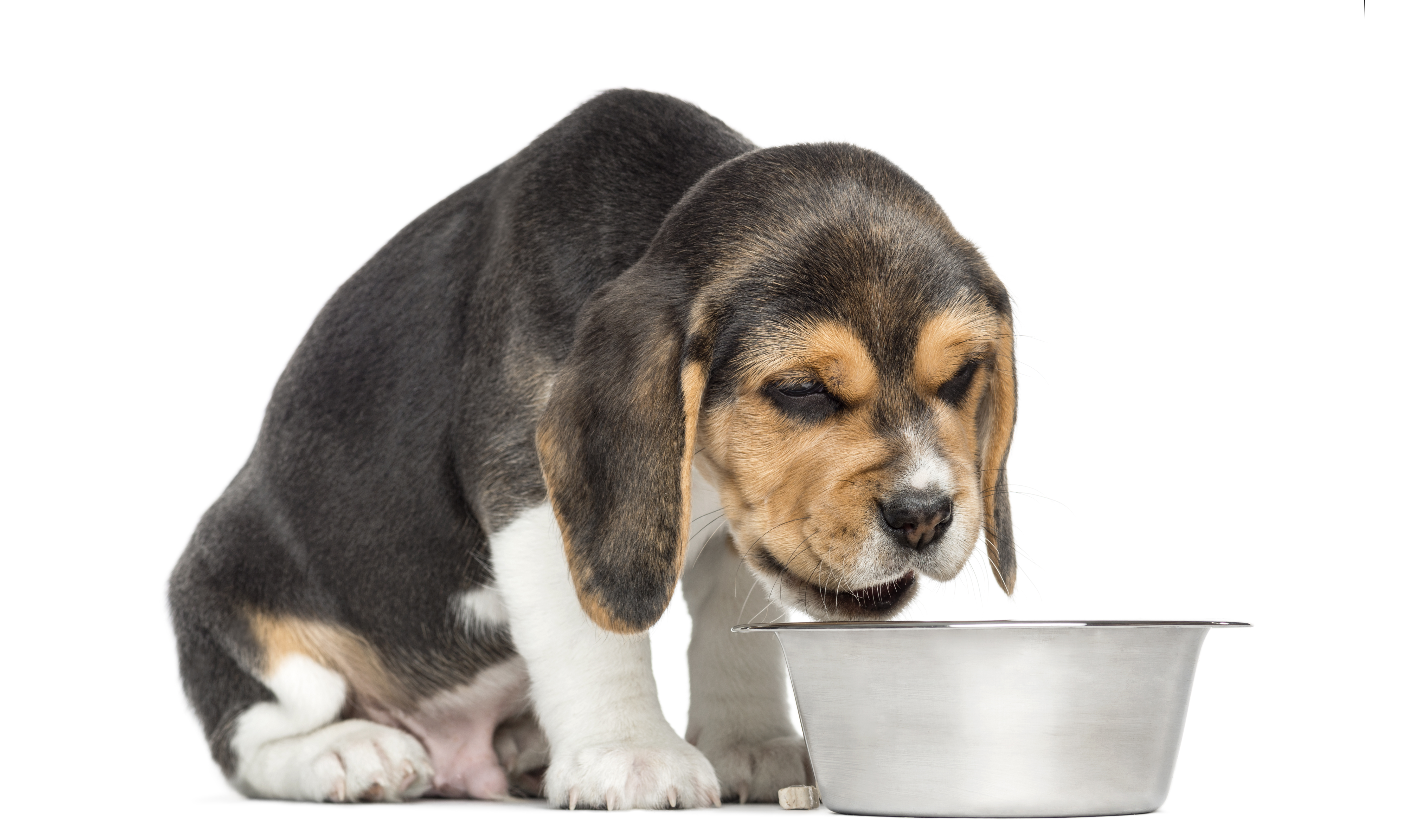
Food allergies and sensitivities are increasingly common in dogs and can significantly impact their health and happiness. Symptoms such as itching, gastrointestinal upset, and chronic ear infections can be indicative of food-related issues. Identifying and eliminating the offending ingredients is crucial for alleviating these symptoms. Common allergens include beef, dairy, wheat, and chicken. Vets often recommend an elimination diet to pinpoint the specific allergens affecting your dog. Once identified, switching to hypoallergenic foods or those with novel proteins can help manage these conditions effectively, ensuring your dog remains comfortable and healthy.
4. The Importance of Protein Quality and Sources
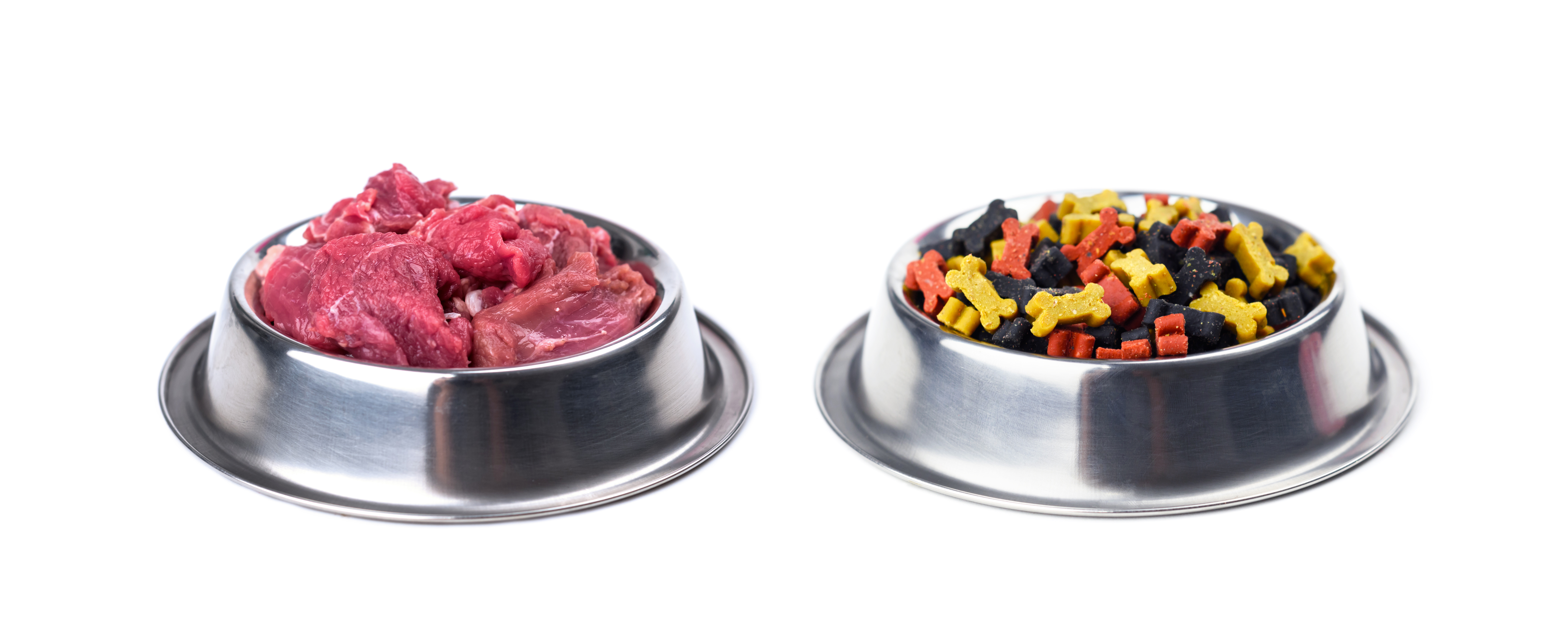
Protein is a fundamental component of a dog’s diet, essential for building and repairing tissues, and supporting a healthy immune system. However, not all proteins are created equal. The source and quality of protein can significantly impact its nutritional value. High-quality proteins from animal sources like chicken, beef, and fish are generally more digestible and provide a complete amino acid profile. Alternatives such as plant-based proteins can be beneficial for dogs with specific allergies but may require supplementation to ensure complete nutrition. Vets stress the importance of choosing high-quality protein sources to support optimal health and development in dogs.
5. The Role of Carbohydrates and Fiber
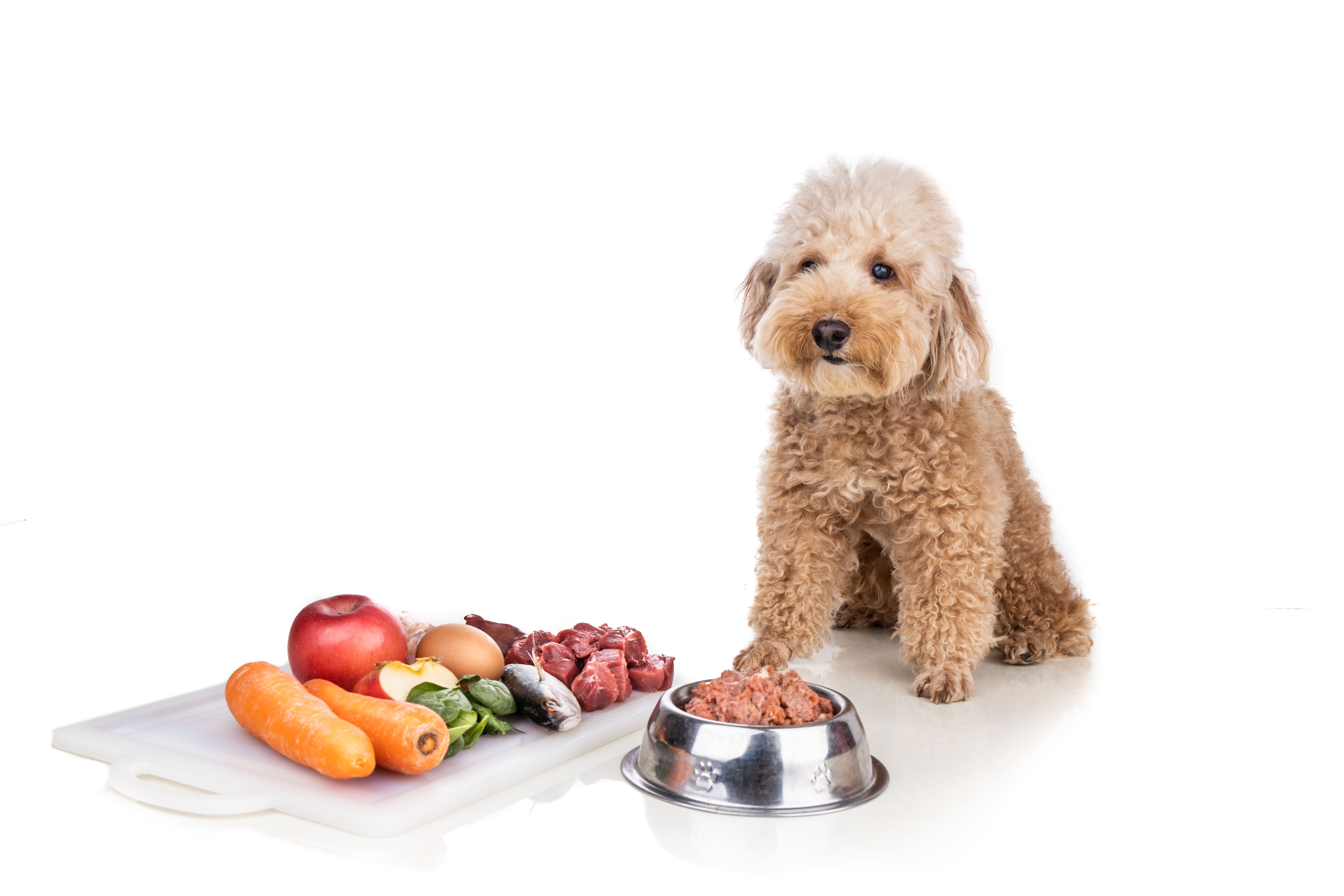
Carbohydrates and fiber play crucial roles in a dog’s diet, providing energy and supporting digestive health. While dogs are primarily carnivorous, carbohydrates can be a valuable energy source, especially for active dogs. Whole grains, vegetables, and fruits are excellent sources of carbohydrates and provide essential vitamins and minerals. Fiber, found in many carbohydrate sources, aids in digestion and helps maintain a healthy weight. It is particularly beneficial for dogs with gastrointestinal issues or those prone to obesity. Vets often recommend incorporating a balanced amount of carbohydrates and fiber to promote overall health and prevent digestive disorders.
6. Essential Fats and Their Benefits
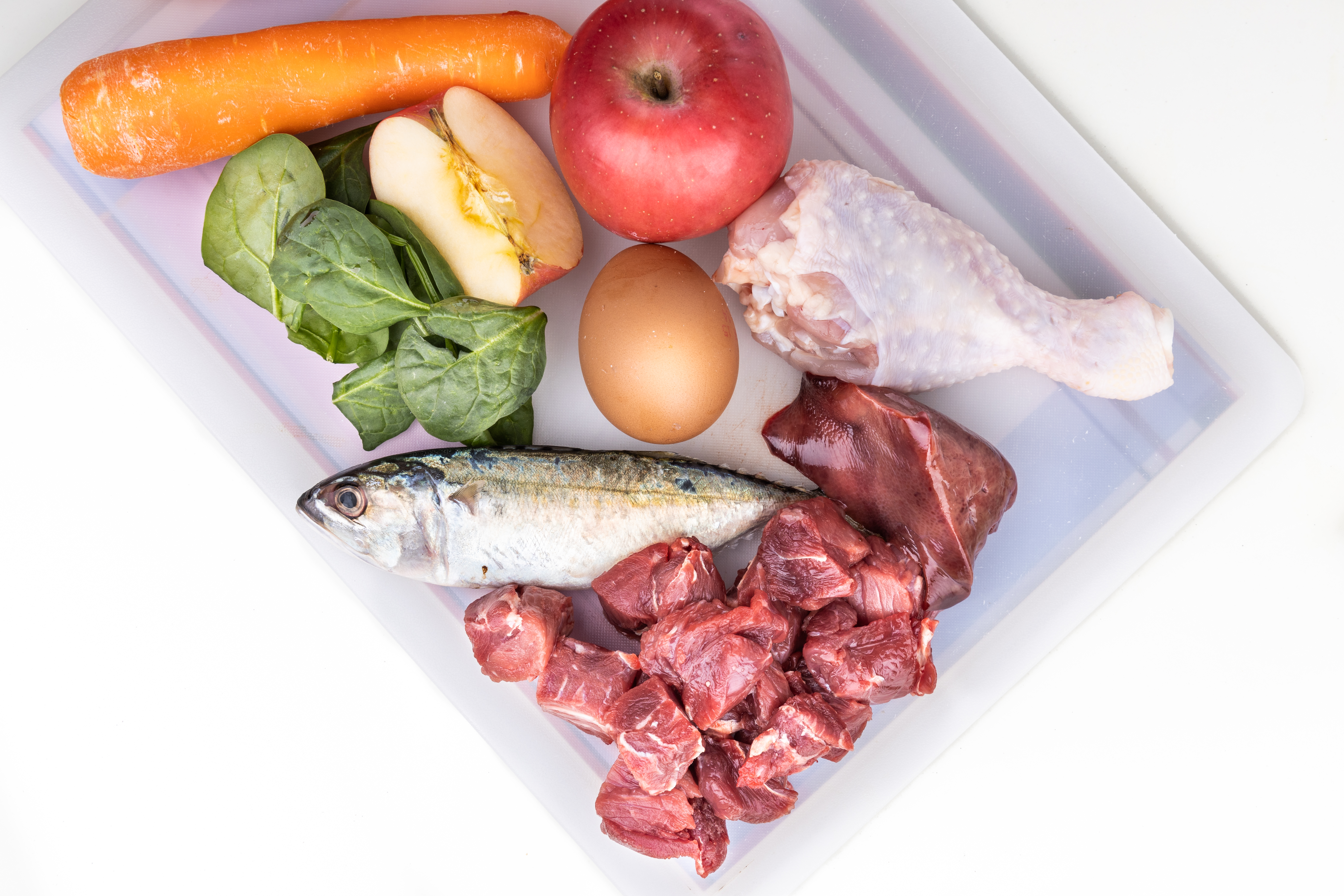
Fats are a vital part of a dog’s diet, providing energy, supporting cell function, and aiding in the absorption of fat-soluble vitamins. Essential fatty acids, such as omega-3 and omega-6, play critical roles in maintaining skin and coat health, reducing inflammation, and supporting brain and heart health. Fish oil and flaxseed oil are excellent sources of these essential fats. Vets often emphasize the importance of including healthy fats in a dog’s diet, as deficiencies can lead to dry skin, a dull coat, and increased susceptibility to infections. A balanced intake of fats is crucial for maintaining overall health and vitality in dogs.
7. The Impact of Vitamins and Minerals
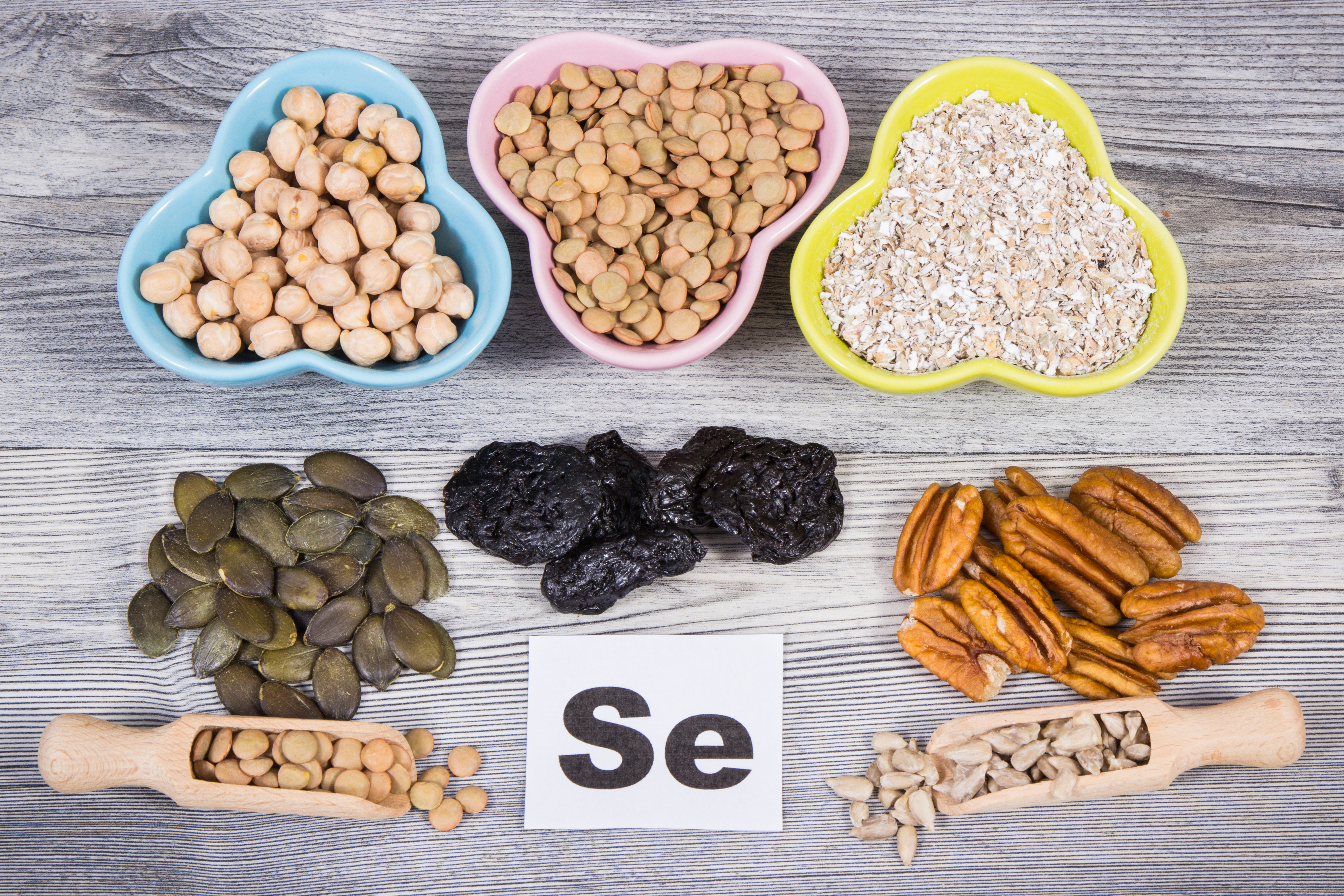
Vitamins and minerals are essential micronutrients that support various bodily functions, including immune response, bone health, and nerve function. A deficiency in these nutrients can lead to a range of health issues, from weak bones to compromised immune systems. Dogs require a balanced intake of vitamins such as A, D, E, and K, as well as minerals like calcium, phosphorus, and magnesium. Vets often recommend high-quality commercial dog foods that are fortified with these essential nutrients. For dogs on homemade diets, supplementation may be necessary to ensure they receive a complete and balanced nutritional profile.
8. Hydration and Its Role in Nutrition
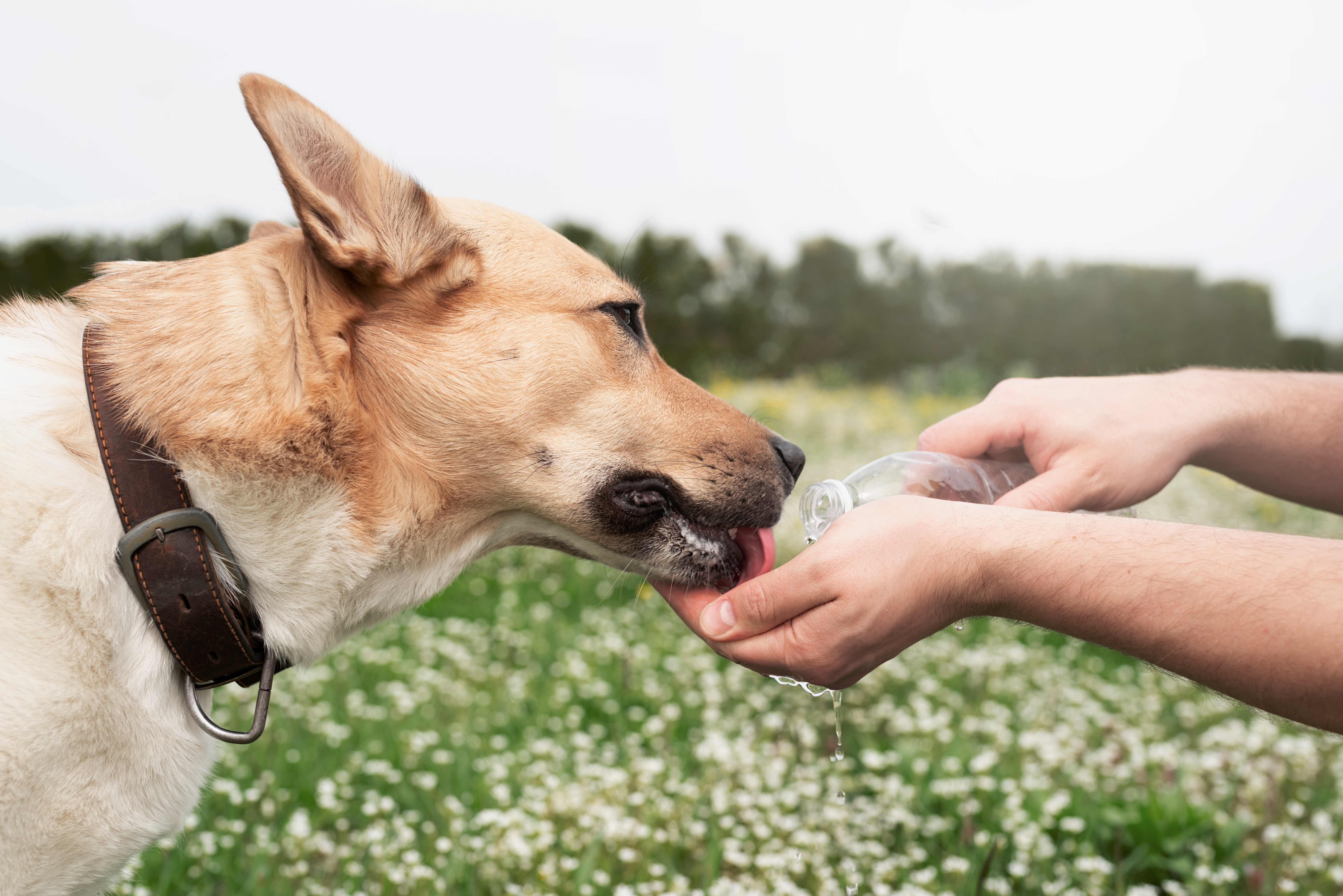
Water is often overlooked as a critical component of a dog’s diet, yet it is essential for nearly every bodily function. Proper hydration supports digestion, nutrient absorption, and temperature regulation. Dehydration can lead to serious health issues, including kidney problems and urinary tract infections. Vets recommend ensuring your dog has constant access to fresh, clean water and monitoring their water intake, especially during hot weather or after exercise. For dogs that are reluctant to drink, incorporating wet food or adding water to dry kibble can help increase their fluid intake and support overall health.
9. The Benefits of Rotational Feeding

Rotational feeding involves varying the proteins and formulas in your dog’s diet regularly. This practice can help prevent food sensitivities, provide a more balanced nutritional profile, and keep mealtime exciting for your dog. By rotating between different protein sources and types of food, you can ensure your dog receives a wide range of nutrients and reduce the risk of developing allergies. Vets often advocate for rotational feeding as a way to enhance dietary diversity and prevent nutritional gaps. It can also help identify any food intolerances more easily, as changes in diet can highlight sensitivities.
10. The Rise of Raw and Homemade Diets
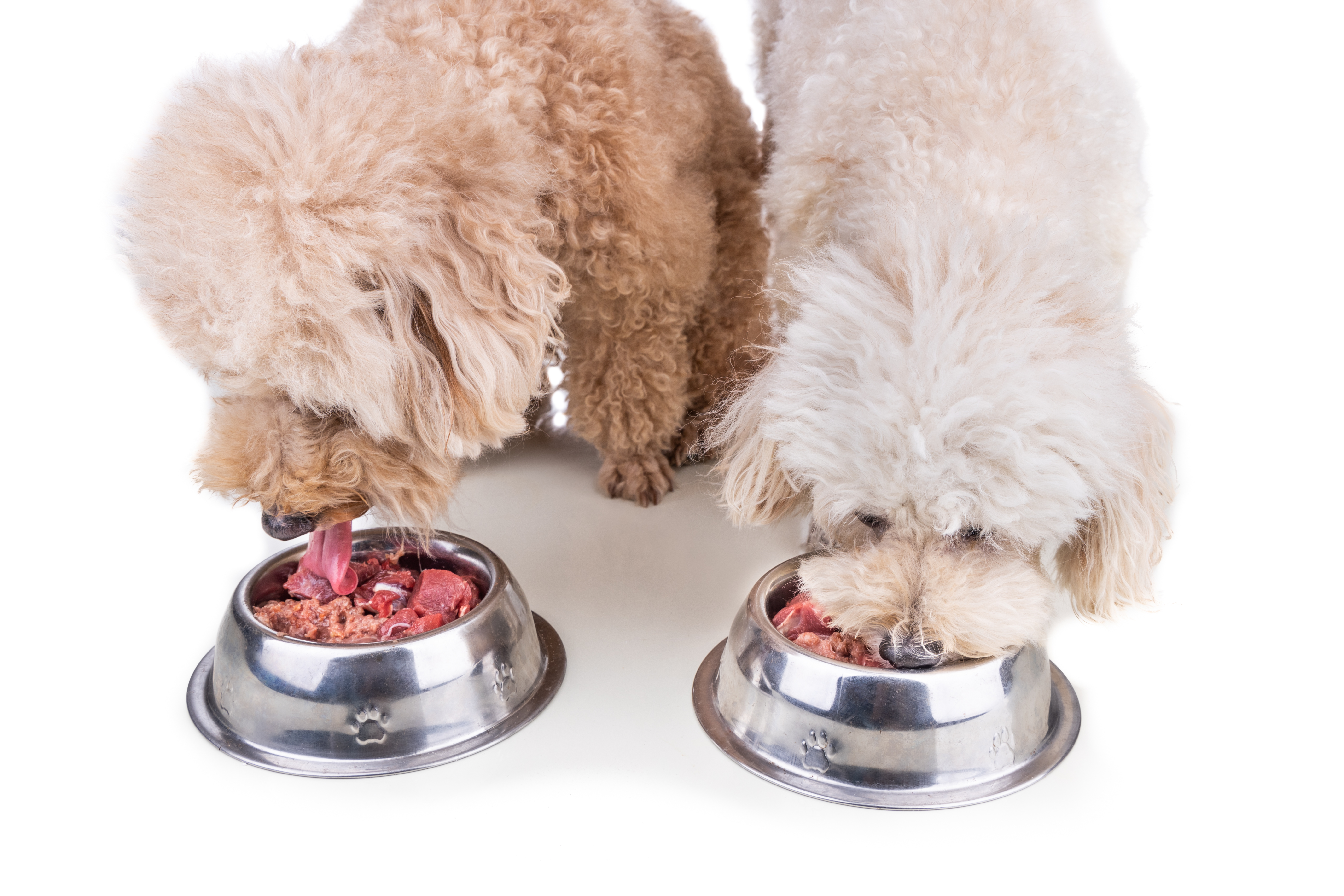
Raw and homemade diets have gained popularity among dog owners seeking to provide more natural and tailored nutrition. These diets can offer benefits such as improved coat condition, increased energy levels, and better digestion. However, they require careful planning to ensure nutritional completeness and safety. Raw diets, in particular, carry risks of bacterial contamination and imbalanced nutrition. Vets often recommend consulting with a veterinary nutritionist to formulate a balanced homemade diet or opting for commercially prepared raw diets that meet nutritional standards. These diets can be beneficial but must be approached with caution and expertise.
Crafting the ideal diet for your dog involves understanding their unique needs and making informed choices about their nutrition. Regular consultations with your vet can help identify any changes needed in your dog’s diet and ensure they receive the best possible care. Whether through commercial foods, homemade diets, or a combination of both, the goal is to provide balanced nutrition that supports your dog’s health and well-being throughout their life. By staying informed and proactive, you can ensure your furry friend enjoys a healthy, happy life by your side.
